1. Fire Whistles at Night
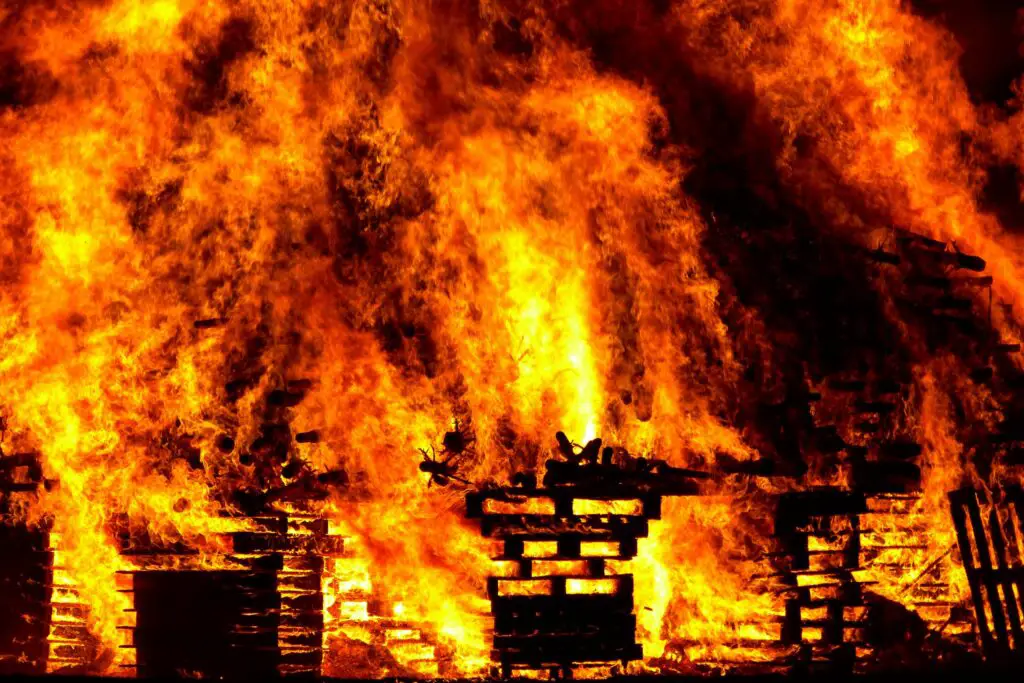
Many older generations passed down the belief that if you whistled near a fire at night, evil spirits would come calling. Parents would warn children to stay quiet around campfires, fearing that a simple tune could invite trouble. It wasn’t just about scaring kids into silence either, it was tied to real anxieties about the unknown in the dark. In some stories, the sound of whistling blended with crackling wood was said to mimic the voices of restless spirits.
Others believed whistling could actually anger the fire itself, making it harder to control. While it may sound strange today, it’s not hard to see why these myths lasted. For families huddled together by flickering flames, the line between safety and danger felt razor thin. So keeping children hushed wasn’t just about discipline, it was also about survival wrapped in superstition.
2. Flames Reveal the Future
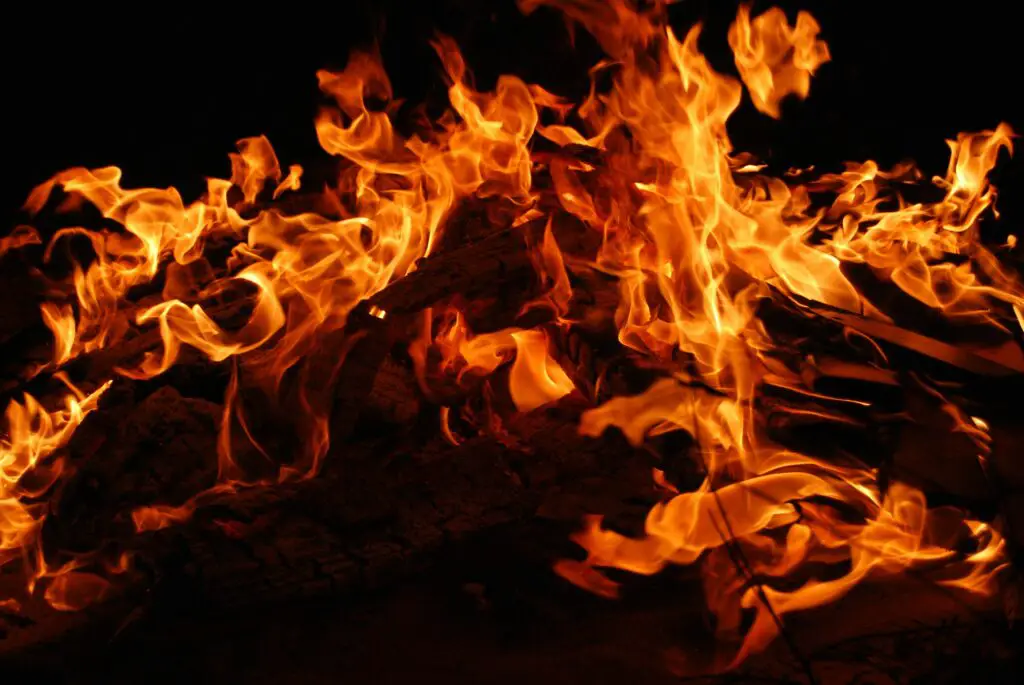
In many traditions, staring into a fire was thought to show you glimpses of what was to come. Some believed shapes in the flames were omens, whether of love, tragedy, or fortune. It wasn’t uncommon for people to sit by the hearth and “read” the fire like a fortune teller reads cards. The way logs cracked or sparks flew might have been interpreted as signs from beyond.
These stories became part of long nights when families entertained themselves by spinning tales. Of course, modern science tells us it’s just wood gases igniting and embers popping. Still, the romance of seeing the future in the fire has a certain charm. It reflects how much people relied on imagination to explain life’s mysteries.
3. Fire Attracts Spirits
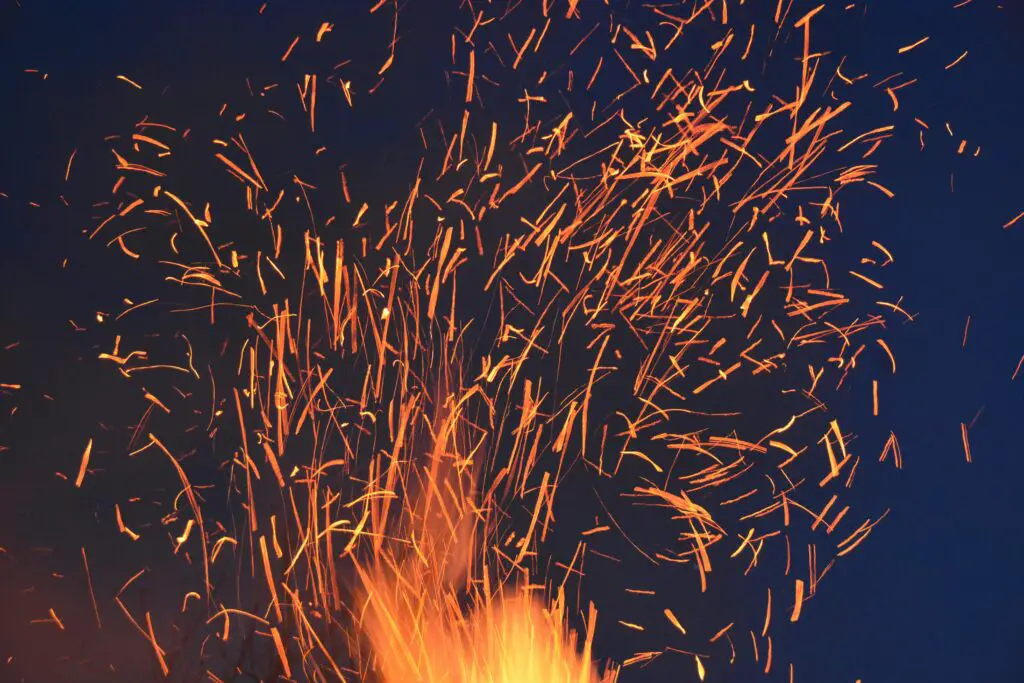
Generations whispered that fire wasn’t just light and warmth, it was a beacon to the spirit world. The idea was that flames created a doorway for wandering souls. Families would sometimes put out hearth fires at night to avoid “inviting” unwanted guests. Travelers feared that lighting a torch might call spirits to follow them down lonely roads.
This belief blended comfort with unease. Fire kept predators away, yet also supposedly opened your home to something even scarier. The duality gave fire an almost mystical weight, one that’s echoed in ghost stories passed down even today. It’s a reminder of how people explained what they couldn’t see.
4. Playing With Fire Causes Bedwetting
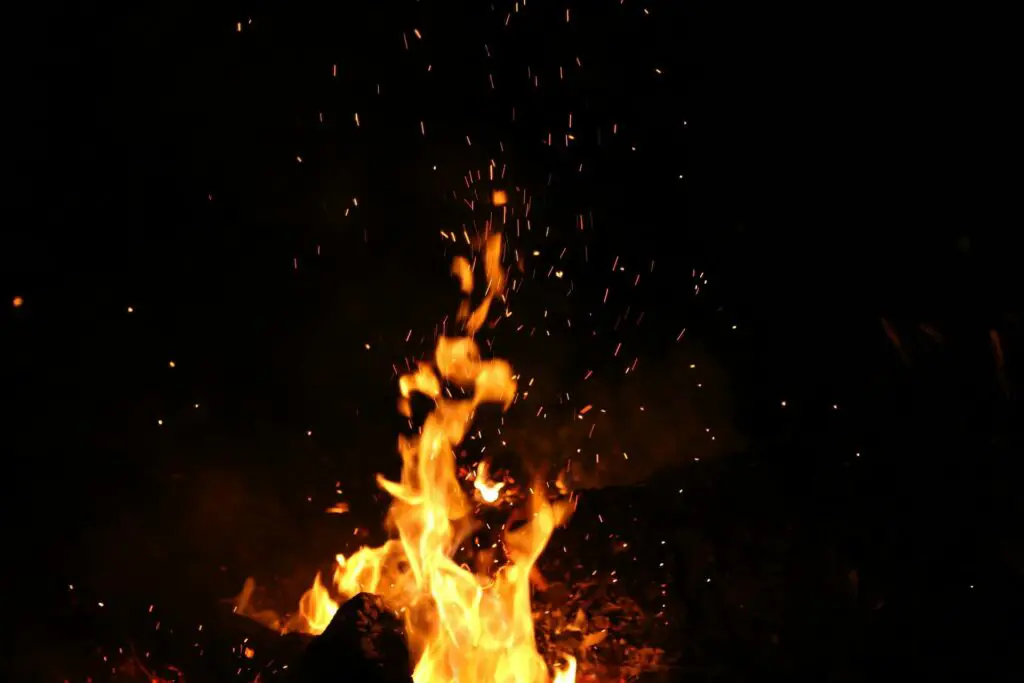
A curious old superstition claimed that children who played with matches or poked at flames would wet the bed. Parents used it as a warning to keep kids from misbehaving near dangerous fires. Instead of saying “Don’t do that, it’s unsafe,” they added a humiliating consequence. It became a psychological trick, tying fire play to embarrassment rather than burns.
Though it sounds odd now, it was effective. Kids who dreaded being teased for accidents might stay away from the hearth. This myth worked as a strange blend of safety lesson and folk parenting. It shows how warnings were often woven into everyday fears and taboos.
5. Sparks Predict Visitors
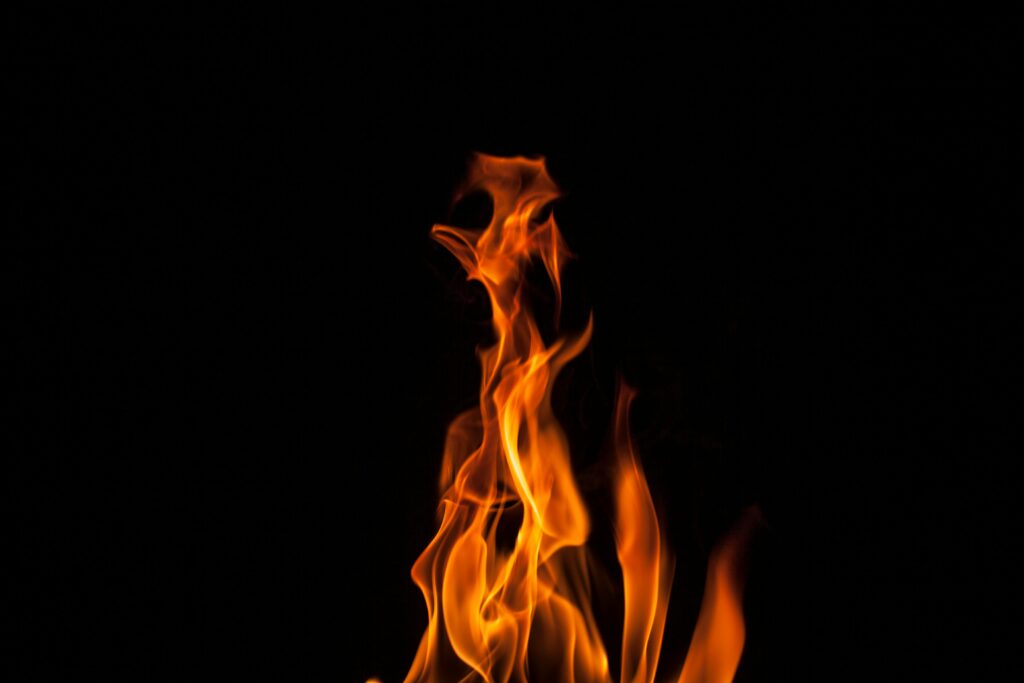
In some homes, if sparks leapt high from the fire, it meant company was on the way. Families would prepare for unexpected guests just because of a sudden crackle in the flames. It gave people a sense of connection, as though the fire was a messenger. Every snap and pop took on meaning beyond science.
This myth gave fire a social role too. A simple household chore like tending the hearth became infused with anticipation. While it might have just been resin heating in the wood, the myth kept people watchful and hopeful. In a way, the fire brought not just warmth, but community.
6. Fire Cleanses Evil
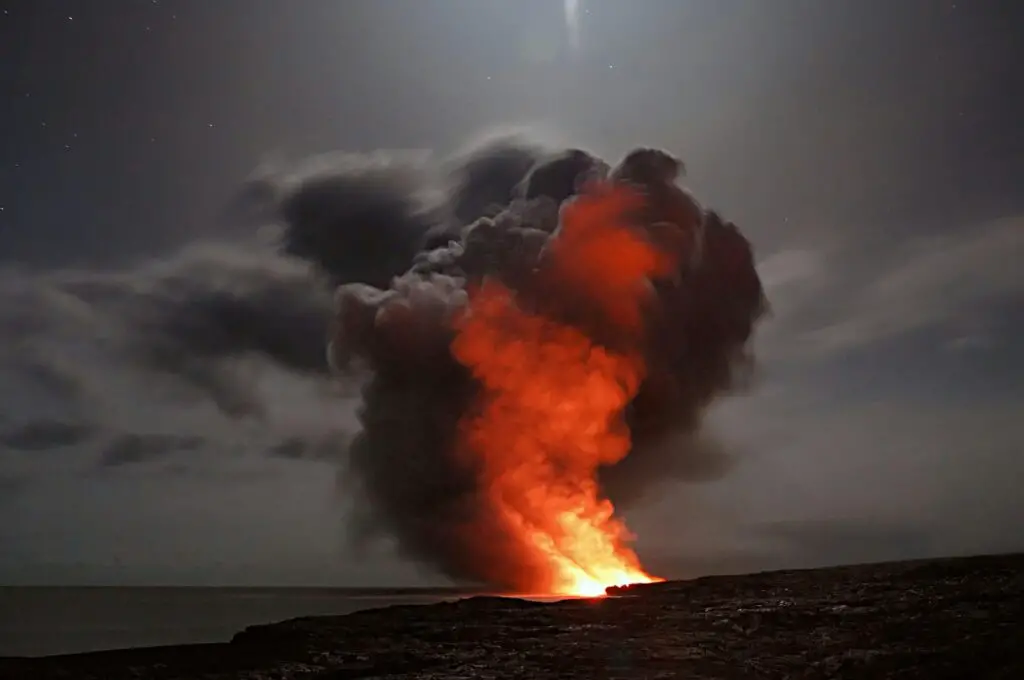
For centuries, fire was thought to purify not just objects, but people. Passing someone through smoke or circling them with flames was believed to burn away curses. Families would even throw old clothes or tokens into the fire to rid themselves of bad luck. In rural areas, entire villages sometimes held fire rituals to keep evil at bay.
These traditions gave fire a spiritual role beyond cooking or heating. It became a weapon against forces no one could fully see or understand. While modern people know flames don’t erase bad fortune, the symbolism of burning away trouble still resonates. Think of how satisfying it feels to watch something unwanted go up in smoke.
7. Never Light Three Fires
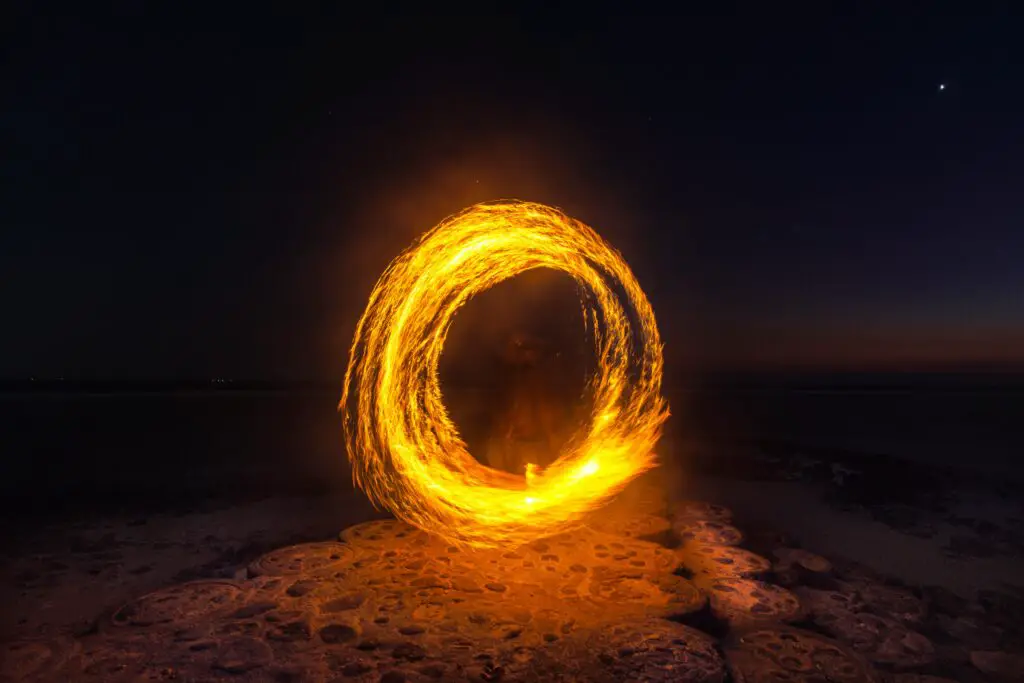
An old superstition claimed that lighting three fires in quick succession brought misfortune. Sailors and soldiers took this one especially seriously, fearing it meant death was coming. In some versions, it applied to matches too, with the third flame sealing someone’s fate. People would go out of their way to avoid the unlucky number.
It’s easy to imagine why this stuck around in dangerous settings like battlefields or ships. Superstitions gave people a sense of control when life was unpredictable. While we might laugh now, those old warnings came from environments where any small mistake could prove fatal. Fire myths became survival tools disguised as rituals.
8. Fire and Hair
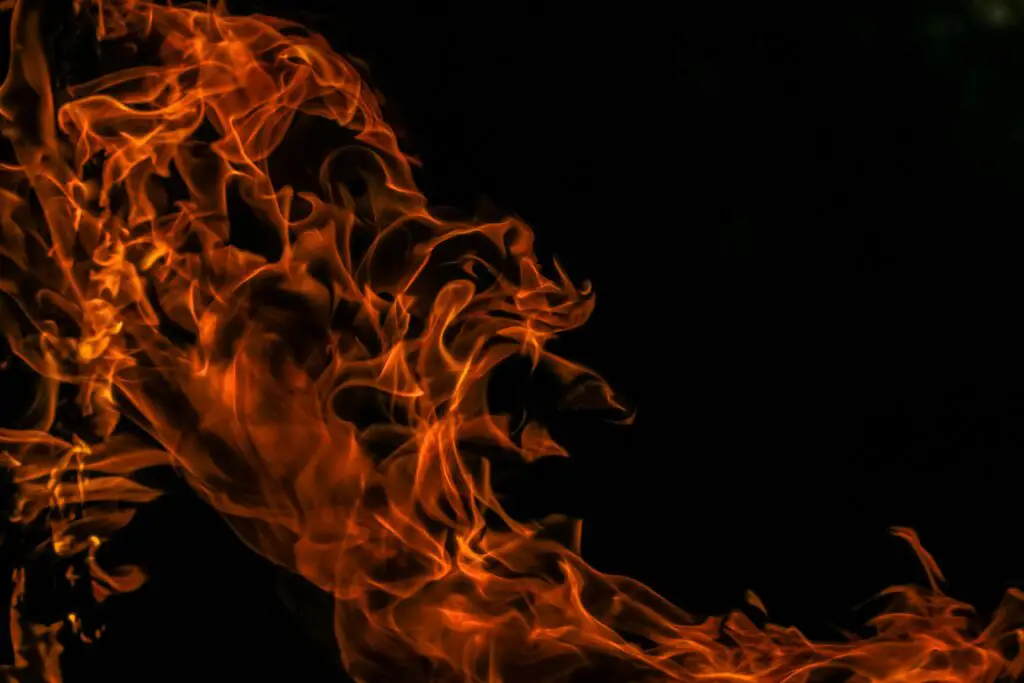
Another widespread belief was that if you accidentally burned hair in a fire, bad luck would follow. Some said it called sickness, while others thought it attracted evil spirits. The smell of burning hair is unsettling enough to make anyone uneasy, so myths flourished around it. Parents often scolded children to keep combings out of the fire.
This superstition blended practical wisdom with fear. Burning hair does release unpleasant fumes, so avoiding it was probably healthier. Wrapping it in a curse made people more likely to follow the rule. It’s a classic example of how myths often had practical roots hidden beneath layers of superstition.
9. Fire and the Dead
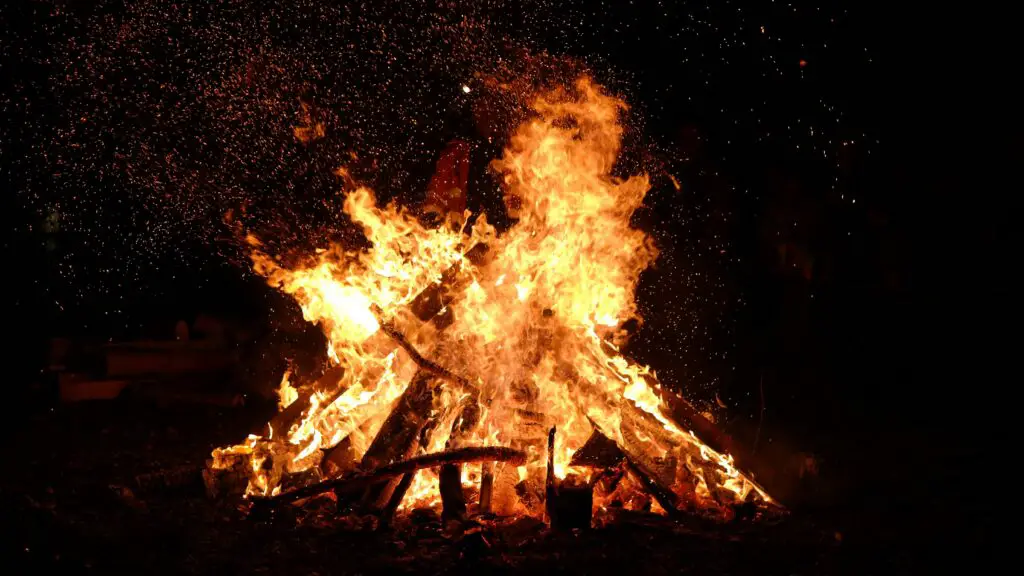
Many cultures believed that fire connected the living and the dead. Hearth fires were said to give warmth to departed ancestors, and letting them die down was a sign of disrespect. Families sometimes left the embers glowing through the night so spirits could visit. In certain places, not keeping the fire alive was thought to bring misfortune.
This tied everyday chores to deeply spiritual beliefs. Stoking the fire wasn’t just about warmth, it was about honoring those who came before. Even today, fire plays a role in memorial rituals, from candles to eternal flames. It shows how powerful the link between flame and memory has always been.
10. Candles and Death
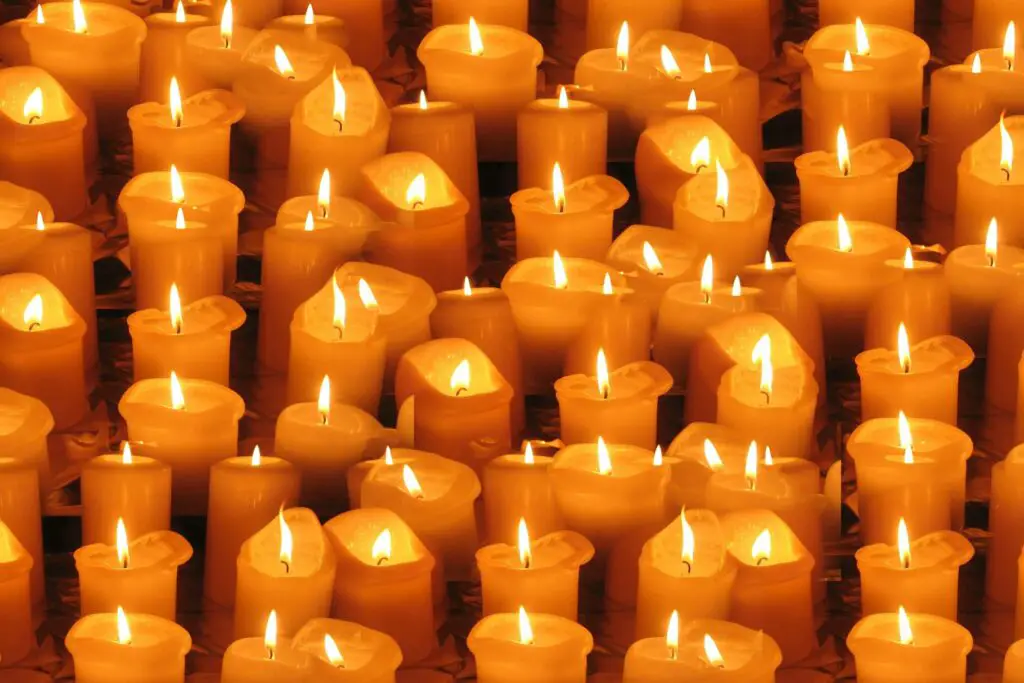
Candles, as tiny controlled fires, carried their own myths. Blowing one out might invite death, while letting one burn too low could mean a soul was wandering. Some believed that a candle suddenly extinguishing itself was a sure sign of a haunting. Children were warned to treat candles with respect, not just because of fire danger, but because of unseen forces.
These myths turned ordinary objects into eerie symbols. A flickering flame in the middle of the night could send chills down anyone’s spine. The idea of a candle connecting this world and the next gave people both fear and comfort. It shows how even small flames carried heavy meaning.
11. Fire and Nails
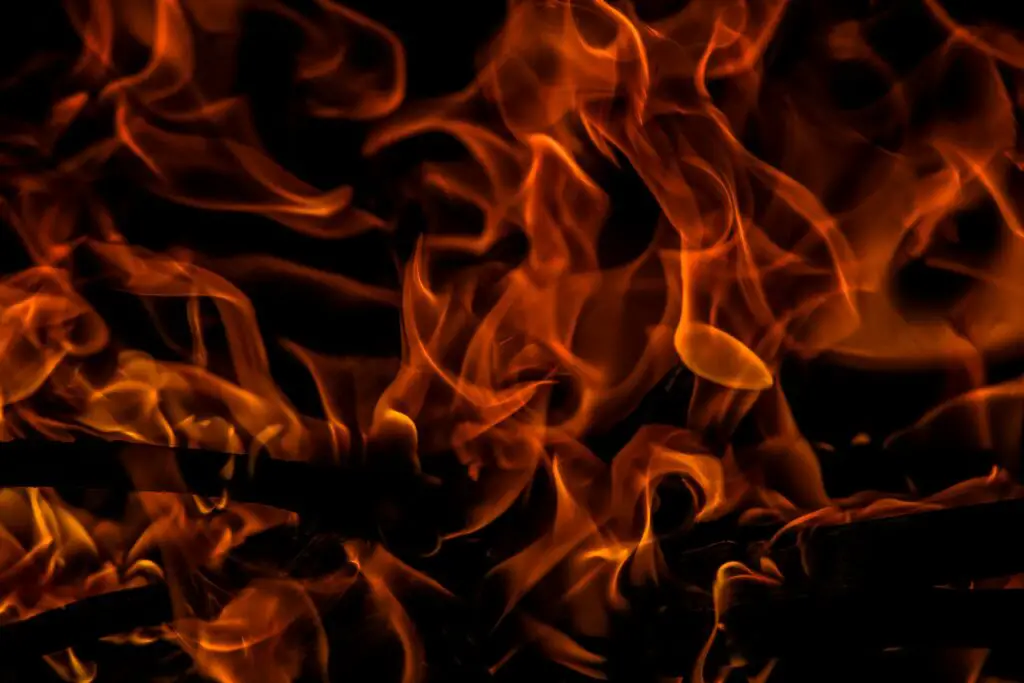
In some places, people believed throwing old nails or metal scraps into the fire could summon trouble. It was thought to anger spirits or bring storms. Others warned that fire mixed with iron could attract witches. Families kept scrap away from the hearth, not out of tidiness but out of superstition.
Again, there may have been a practical side. Tossing sharp or toxic metals into flames could create real hazards. Wrapping the warning in myth made the rule stick more firmly. It’s one more example of safety advice disguised as something spookier.
12. Fire and Shadows
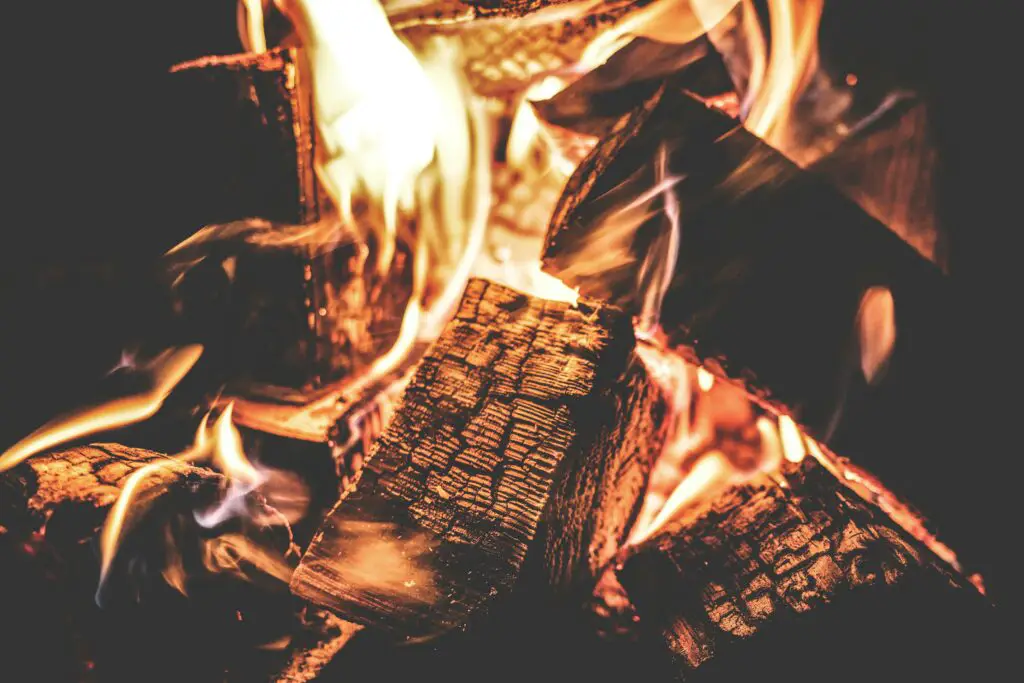
Generations told stories about fire casting more than just shadows. Sitting too close to the firelight was believed to let your soul slip into the shadow world. Some even claimed you could lose part of yourself if your shadow flickered strangely. Parents would caution children not to stare too long at their own shadow in firelight.
These tales gave ordinary campfire nights an eerie edge. Shadows are already mysterious, so adding a supernatural twist made sense. While it’s just light and movement at play, the myth served as a reminder of how fragile people felt about the unseen. Fire wasn’t just warmth, it was a threshold.
13. Fire and Storms
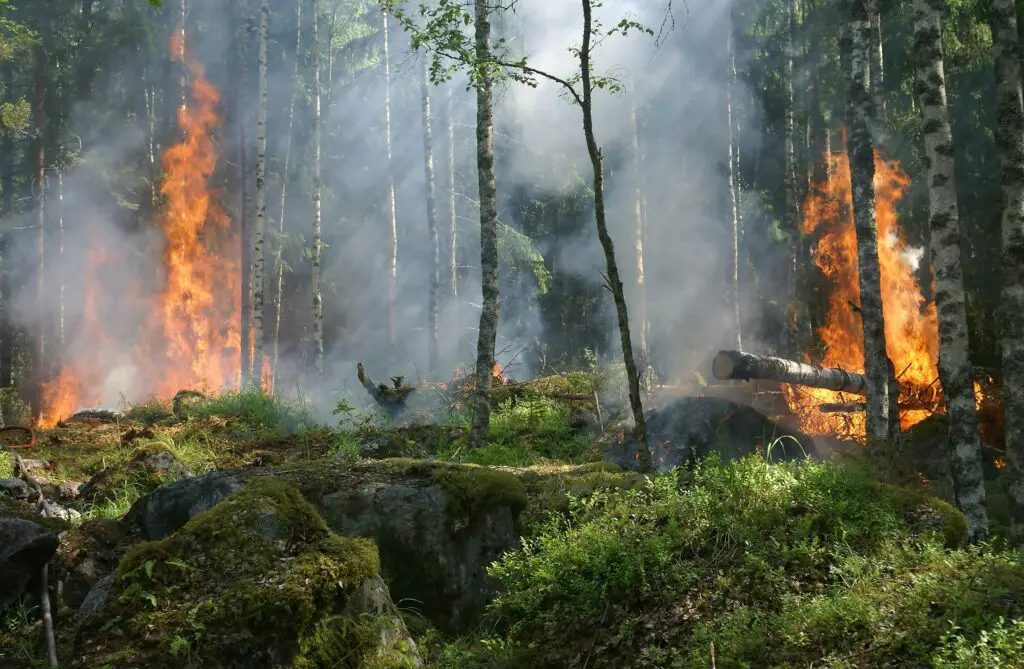
It was once thought that poking the fire during a storm would make the lightning worse. Families would sit quietly, resisting the urge to stoke the flames until thunder passed. Some said the fire was linked to the storm’s energy, and meddling with it would draw danger. Parents taught kids to leave the hearth alone whenever skies rumbled.
Looking back, this may have been about safety too. Fires during storms could spread more easily if winds picked up. By spinning the warning as a curse, elders kept kids from risky behavior. The myth combined real-world danger with an added touch of fear.
14. Fire Steals Your Breath
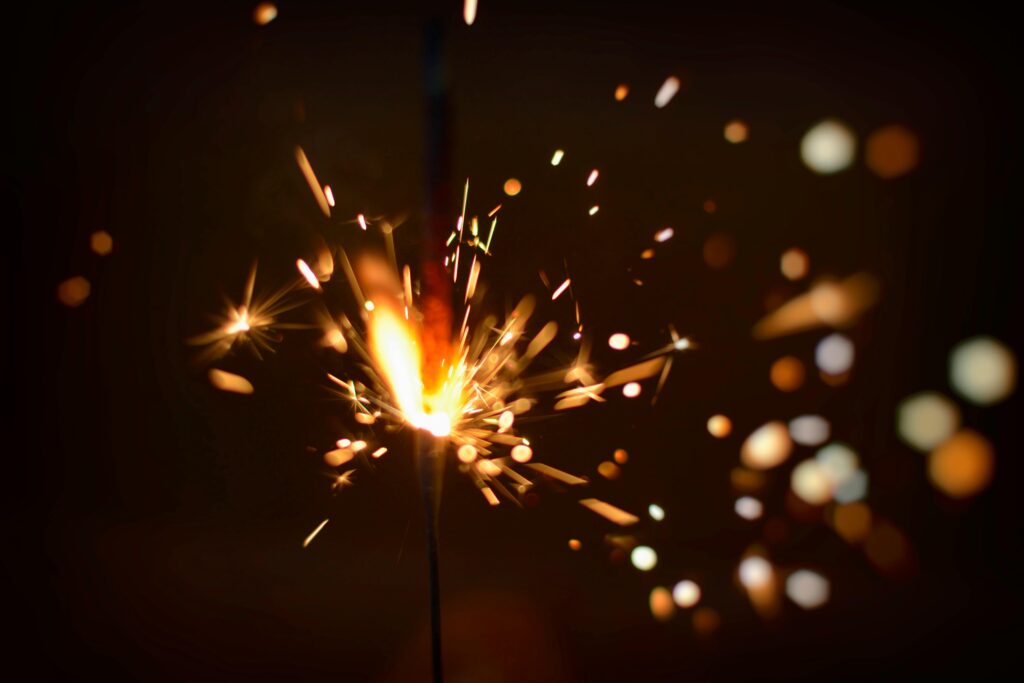
One unsettling belief claimed that sitting too close to fire “stole” your breath while you slept. Parents would tell children not to nap near the hearth for fear the flames would weaken their lungs. In some versions, the fire was said to feed on your very breath. It gave fire a vampiric quality that blurred the line between living and dead.
Though bizarre today, it may have been rooted in smoke inhalation. Sleeping near smoldering fires could make breathing dangerous. Myths about fire stealing breath gave people a memorable warning. It shows how even health advice was dressed in eerie, cautionary tales.
